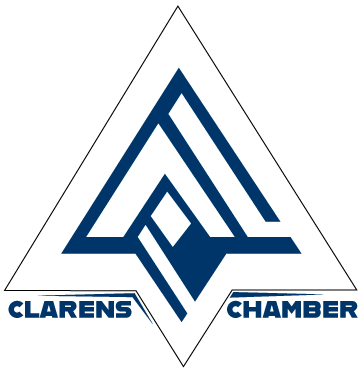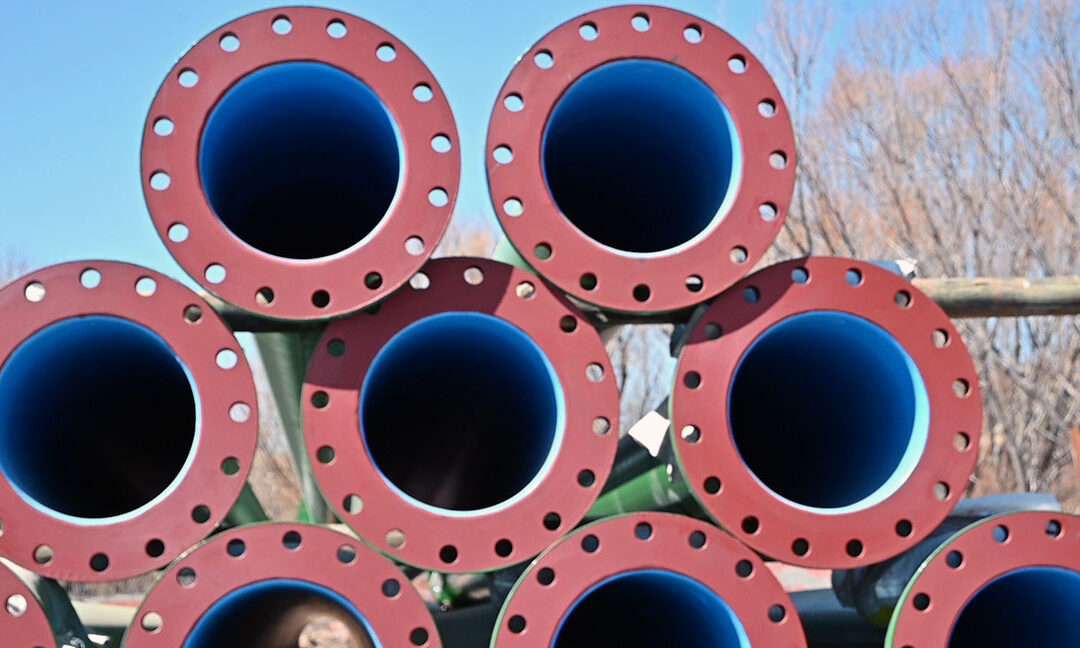In a meeting held on September 6, contractor Mr. Barnabas Mboweni of KLOK Engineering updated the Clarens Chamber of Commerce (CCC) on the ongoing development of six boreholes aimed at providing a sustainable water source for the town during the Lesotho Highlands tunnel closure. The project, valued at R9.775 million, faces challenges in both water yield and power sourcing, but plans are in motion to address these issues. Dihlabeng Municipality’s Director of Technical Services, Lungile Mokoteli, remains confident the project will be completed by the end of September.
oGeotechnical survey
Mr. Mboweni confirmed that a geotechnical survey was conducted to determine the drilling sites. These surveys are usually based on a geological understanding of the area, factoring in hydrogeological elements. The sustainability and yield of a borehole depend on factors such as the geological setting, rainfall, groundwater recharge, hydraulic conductivity (how easily water moves through the subsurface), and storativity (the volume of water stored in the aquifer).
Discharge tests
Currently, constant discharge tests are being carried out on the six boreholes, with an average yield of about 2 liters per second. However, an estimated 35 liters per second is required to meet demand. Questions were raised about the municipality’s estimate of 1 megaliter of daily water usage, as the projected need for the upcoming emergency is 3 megaliters. Ms. Lungile Mokoteli, the Director of Technical Services at Dihlabeng Municipality, assured that accurate measurements will be conducted in the future to eliminate any uncertainties.
Quality testing
Next steps involve water quality testing to assess the chemical and biological composition, which will determine the necessary purification methods.
Delivery
Regarding water delivery, plans are to channel the water to the nearest existing reservoirs. However, the challenge of sourcing power to pump the water remains. With Eskom’s supply likely delayed, alternative options such as solar or generators are being explored. Gert Kruger, a CCC member, pointed out that solar energy is weather-dependent and storing surplus power is costly, but he offered his expertise to assist in finding a solution.
Existing boreholes
Ms. Mokoleti said that of the five existing boreholes, two are located within the Golf Estate, but management has refused to share access with the wider community, citing a 2019 agreement with the municipality granting them exclusive use. Ms. Mokoteli stated further that this issue is still unresolved, while Morgan Ngubane of the CCC offered the chamber’s assistance in mediating the matter. (See further developments)
Cost
The scheduled maintenance shutdown of the Lesotho Highlands Tunnel is planned for late September. In case of need, additional water can be drawn from the extraction point at Little Caledon. While the pump has been repaired, it is still running on a generator, though it is expected to be connected to a permanent power source soon. Ms. Mokoteli noted that the government is charging a significant fee for delivering this water.

From left to right: Ms. Lungile Mokoteli, Director of Technical Services at Dihlabeng Municipality, Mr. Barnabas Mboweni, the contractor from KLOK Engineering and Mr. Thobejane from the Dihlabeng Municipality. Klok Engineering has been awarded the contract, valued at R9.775 million, to develop a sustainable water source for Clarens with a daily yield of 3 megaliters. Additionally, five existing boreholes will be restored. Mokoteli is optimistic the project will be completed by the end of September.

Once shut down water will stop flowing through this facility.


*The project, valued at R9.775 million, faces challenges in both water yield and power sourcing, but plans are in motion to address these issues.*… I don’t understand the above statement, isn’t this what the project was aimed to address in the first place. Does the contractor have experience in this field? Remember, as engineers we are designed to solve problems, please keep to that.